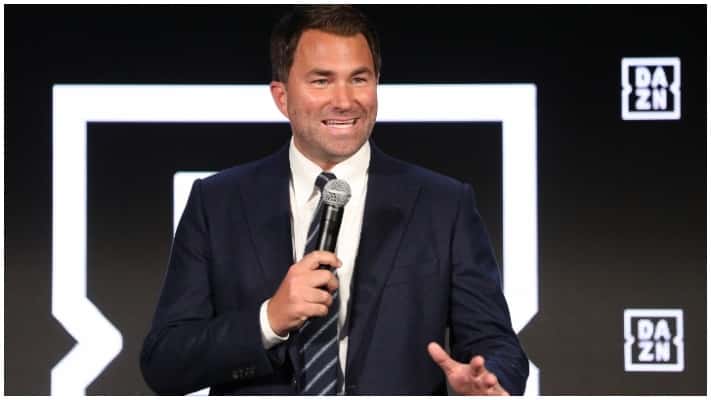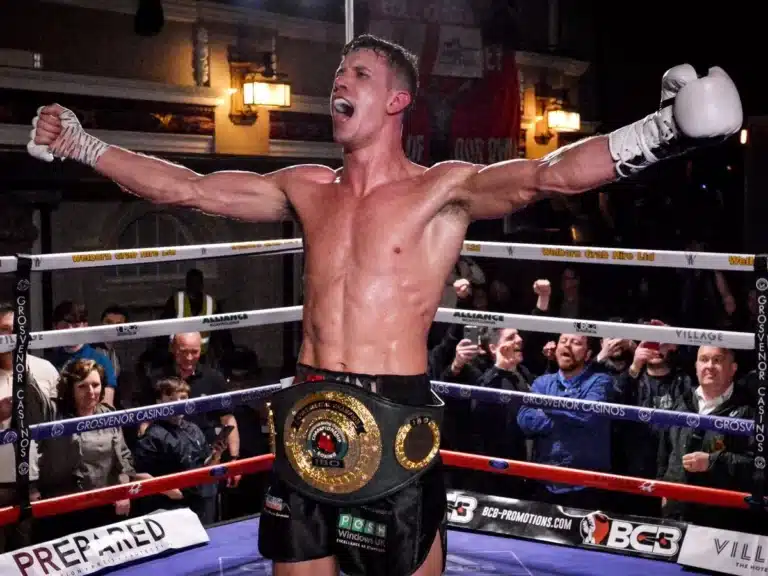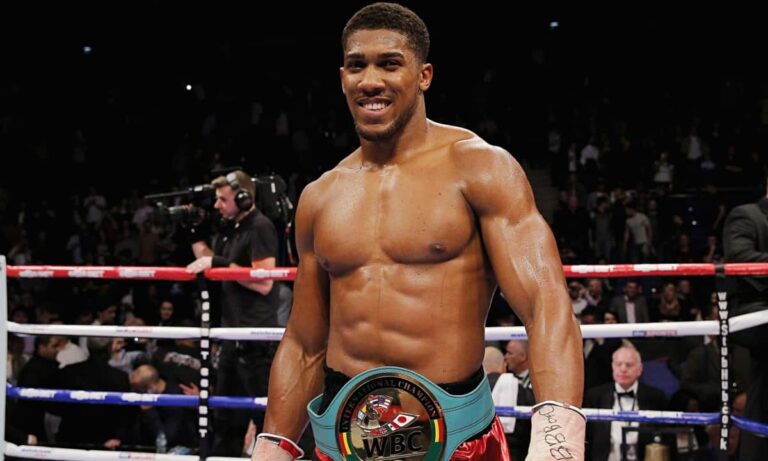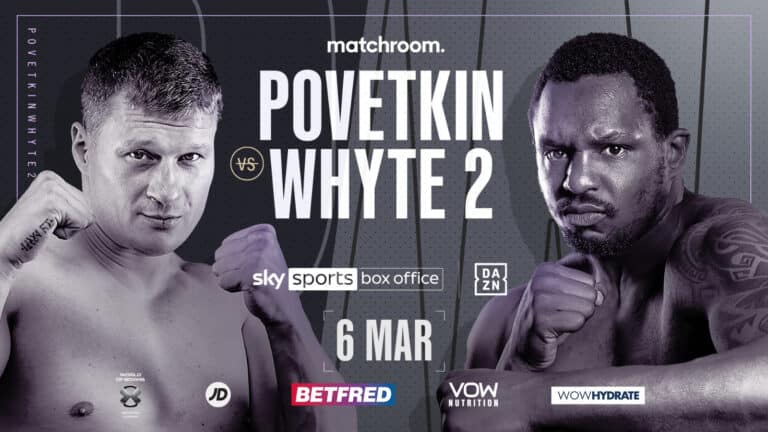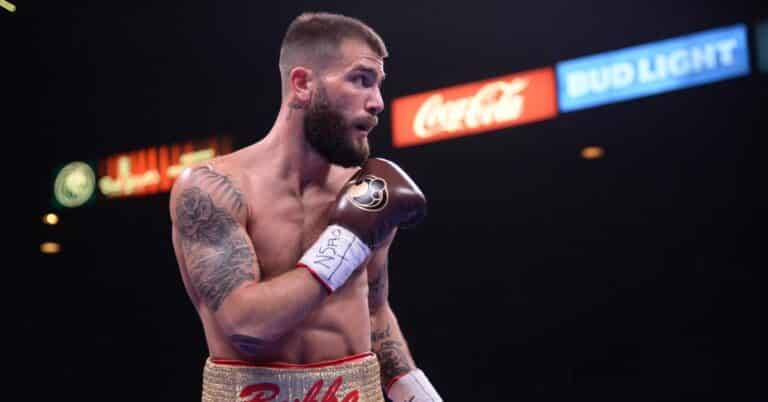Conor McGregor Showed Signs Of ‘Traumatic Brain Injury’ During Mayweather Loss
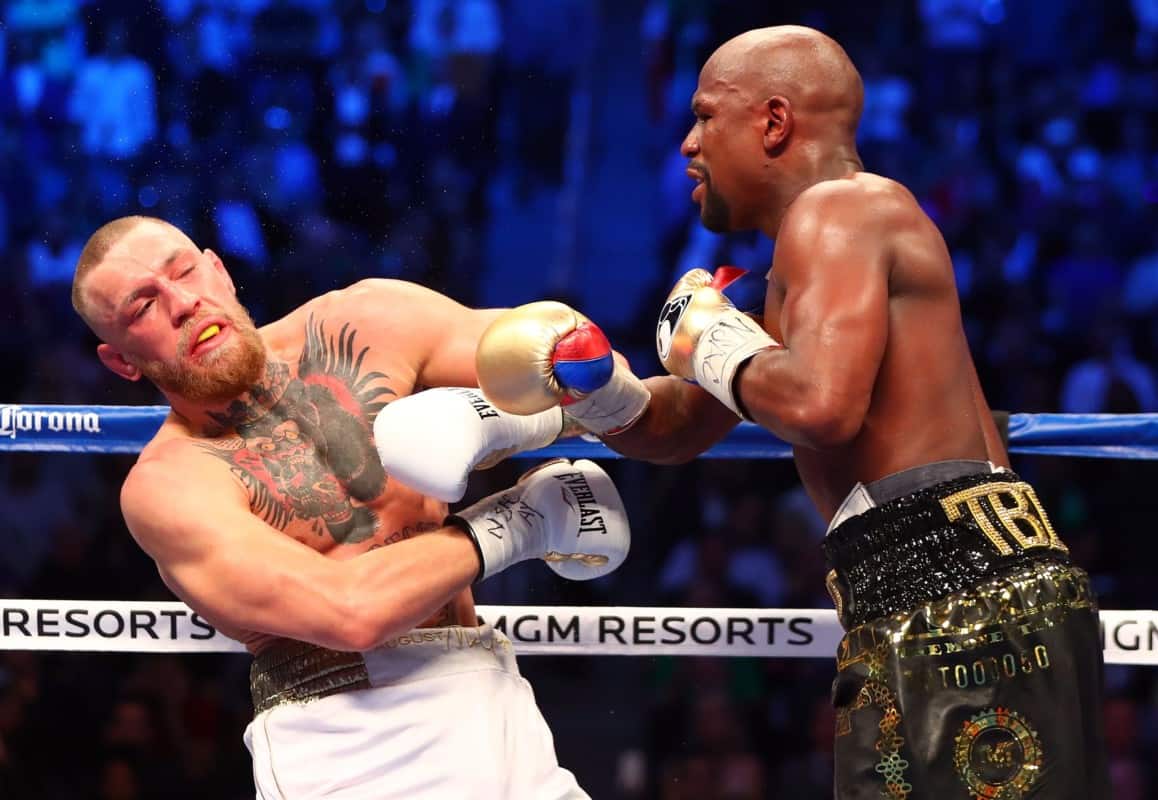
Many felt that referee Robert Byrd’s stoppage of Conor McGregor’s bout with all-time boxing legend Floyd Mayweather last Saturday night (August 26, 2017) from Las Vegas was a bit too early, but if one medical doctor is correct, that is far from the case.
True, McGregor was still standing after absorbing an unanswered assault from Mayweather in the tenth round, an onslaught he attributed to fatigue more than any damage “Money” was dealing.
However, based on former ringside physician Darragh O’ Carroll, MD’s stance on the situation, fatigue was far from the reason Byrd stopped the historic fight. O’ Carroll broke down the details of the bout’s conclusion to TONIC (via MMA Mania), believing it was stopped because McGregor began showing signs of a mild traumatic brain injury:
“Byrd’s calculation to call a stoppage was likely not based on signs of fatigue, but rather signs of traumatic brain injury. Ataxia, or dizziness and loss of balance, is one of the hallmarks of concussion, a type of mild traumatic brain injury. Fatigue may cause sluggish and slow movements, but does not cause the imbalance and poor coordination exhibited by McGregor in the 10th round. Being wobbly, in the setting of pugilistic trauma, will always be treated as the result of head trauma and not as fatigue. To let a fighter continue on would be grossly negligent.”
That’s obviously a serious concern for any athlete to hear, let alone a combat sports fighter who is constantly hit in the head. With chronic traumatic encephalopathy (CTE) becoming a prevalent issue amongst fighters who are moving on from their notoriously short and brutal MMA careers, this instance may prove that brain damage avoids no fighter, not even the best and brightest like McGregor.
Mixed martial arts is young enough as a major sport to not have anything close to a full data set proving how impactful CTE is in former fighters, and few studies have been conducted on MMA fighters thus far. But it’s obviously caused a huge stir in the National Football League (NFL), and could become a point of emphasis when fighters finally decide they need a collective bargaining agreement with the UFC.
That’s been coming for what seems like years now, so perhaps hearing that even the biggest UFC star is subject to lasting effects of getting hit will motivate them to do just that even further. For their sakes, let’s hope so.

